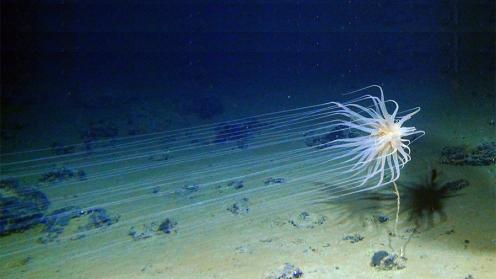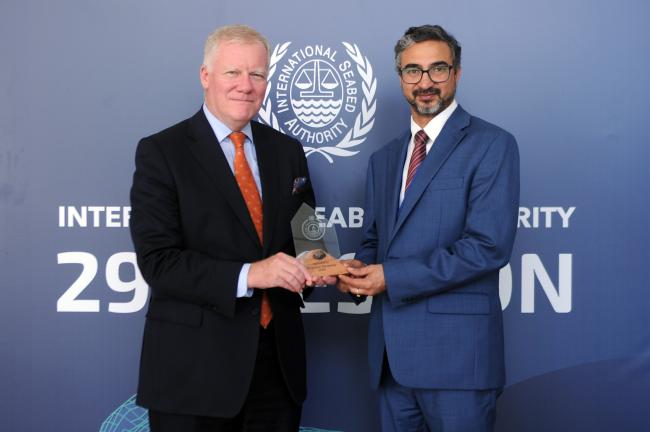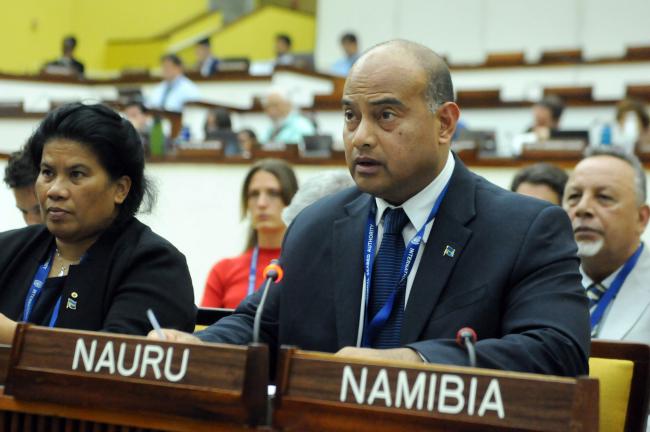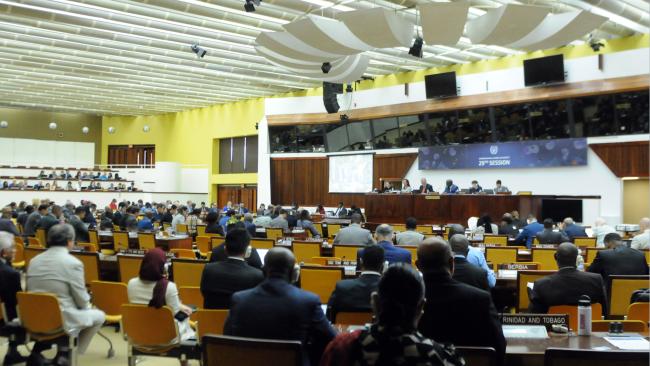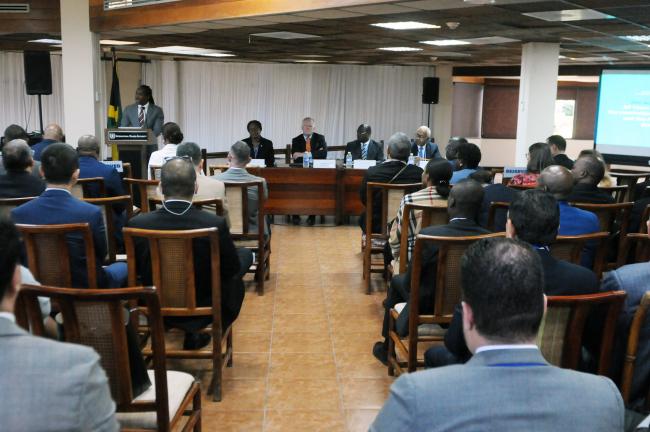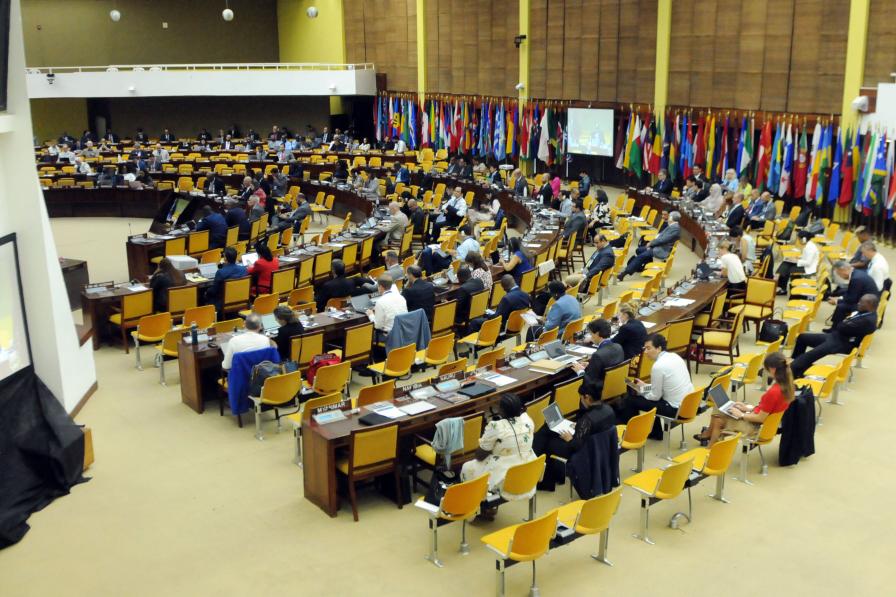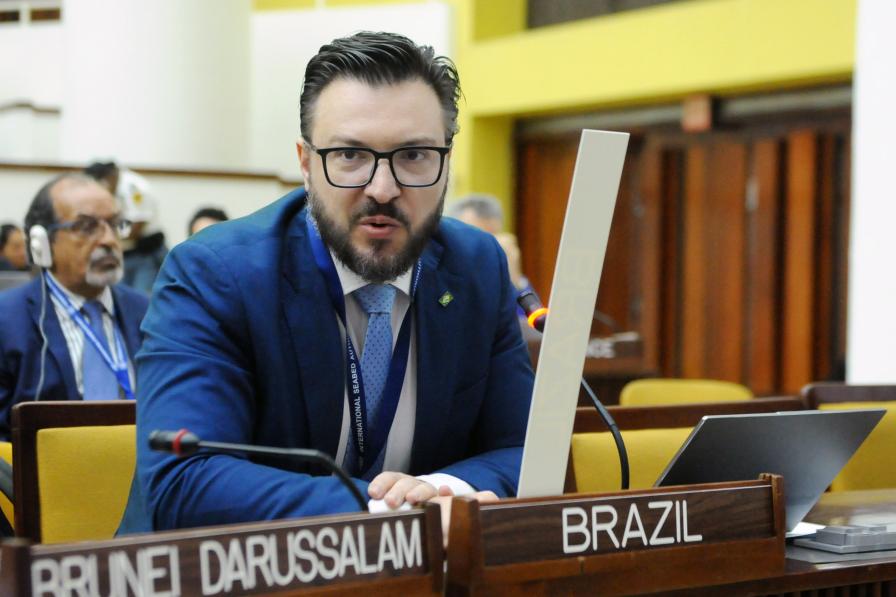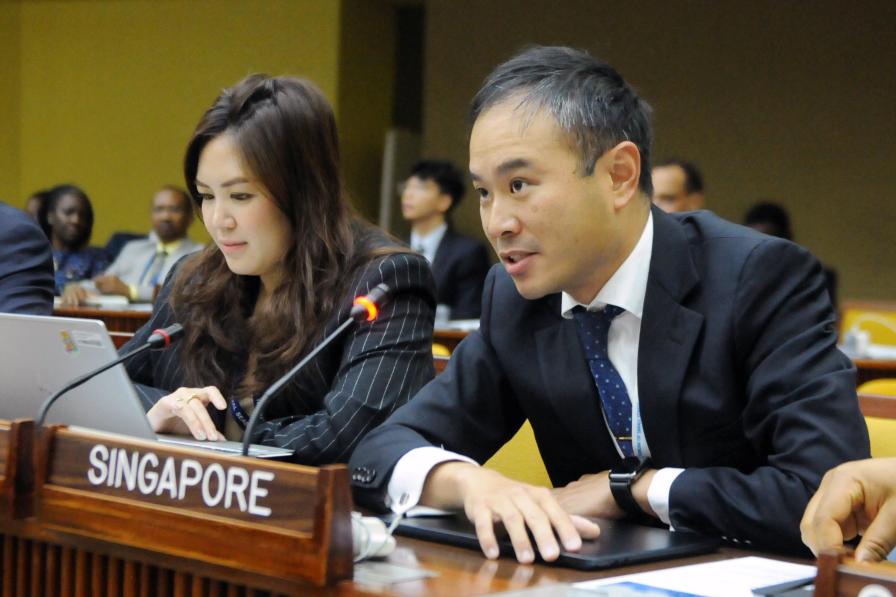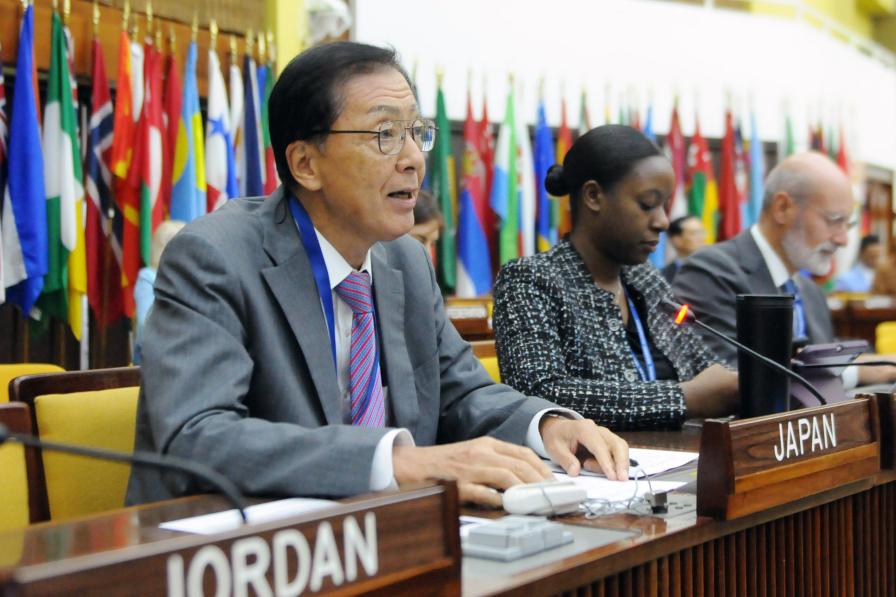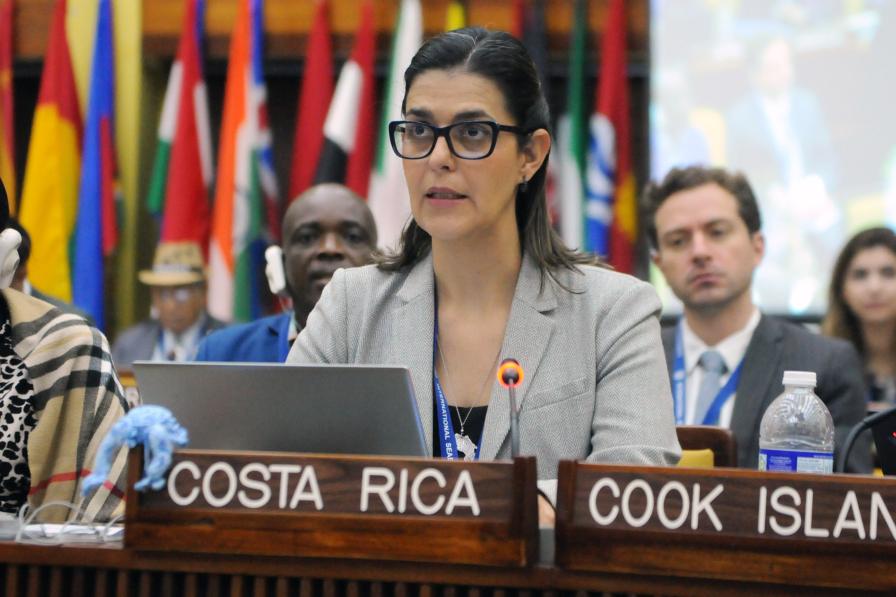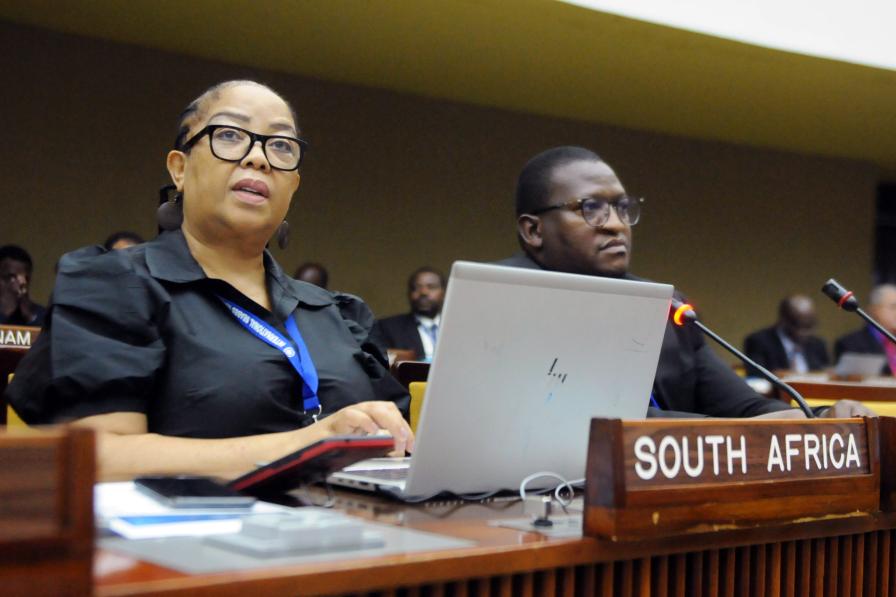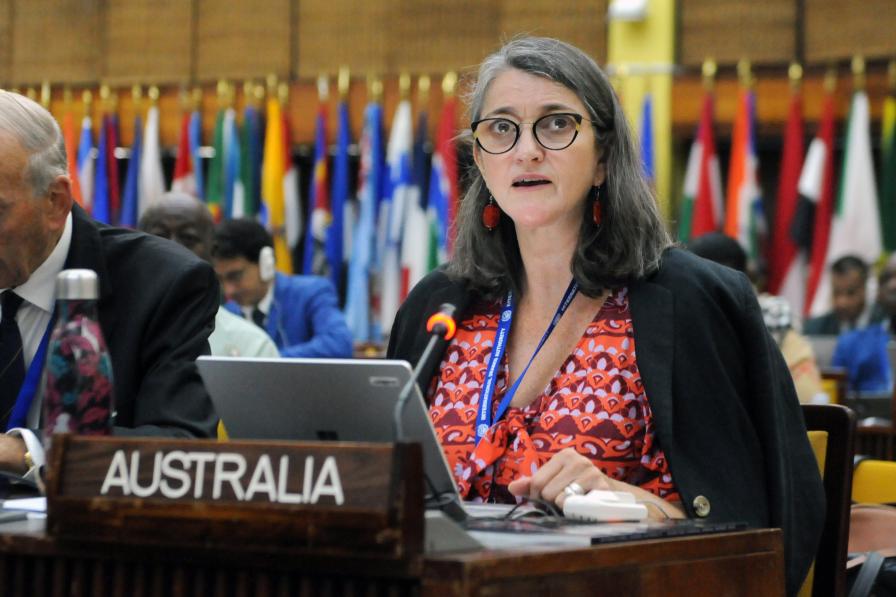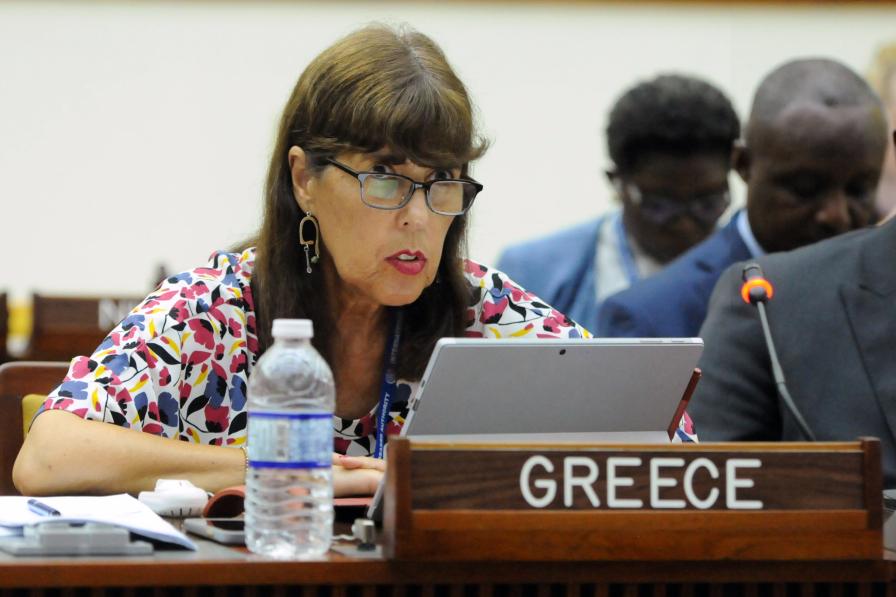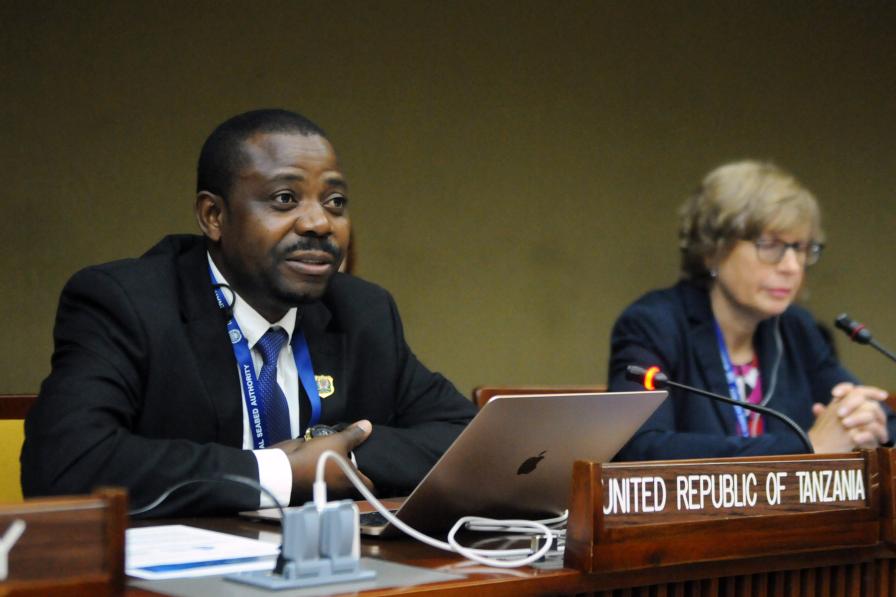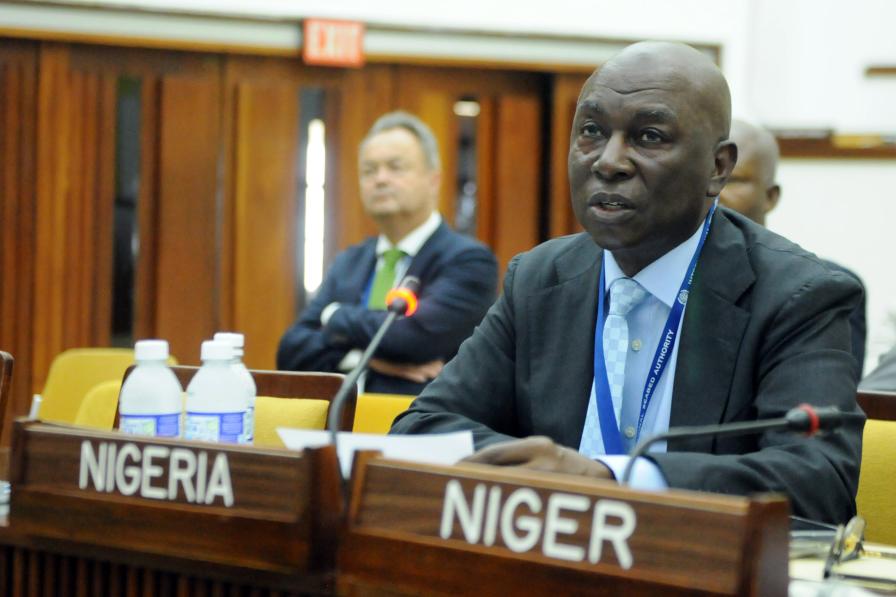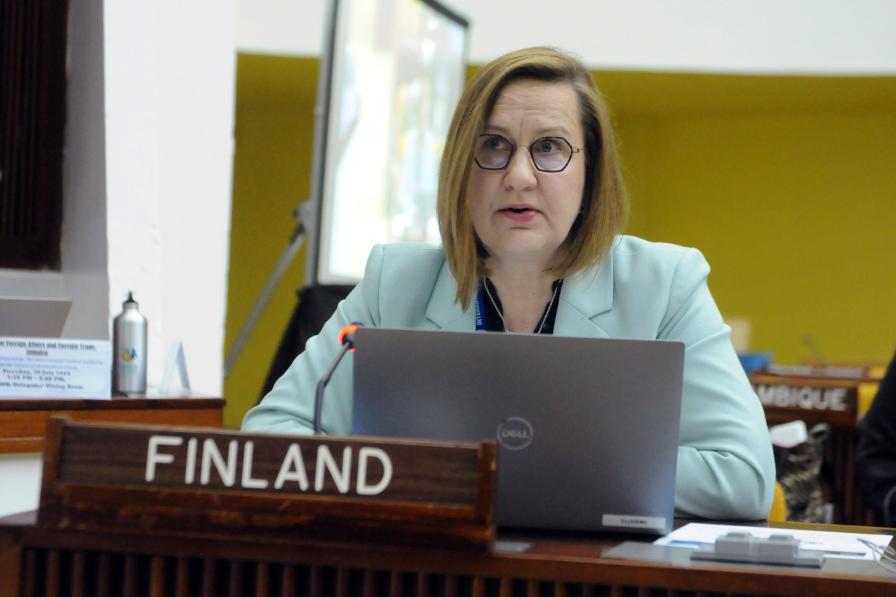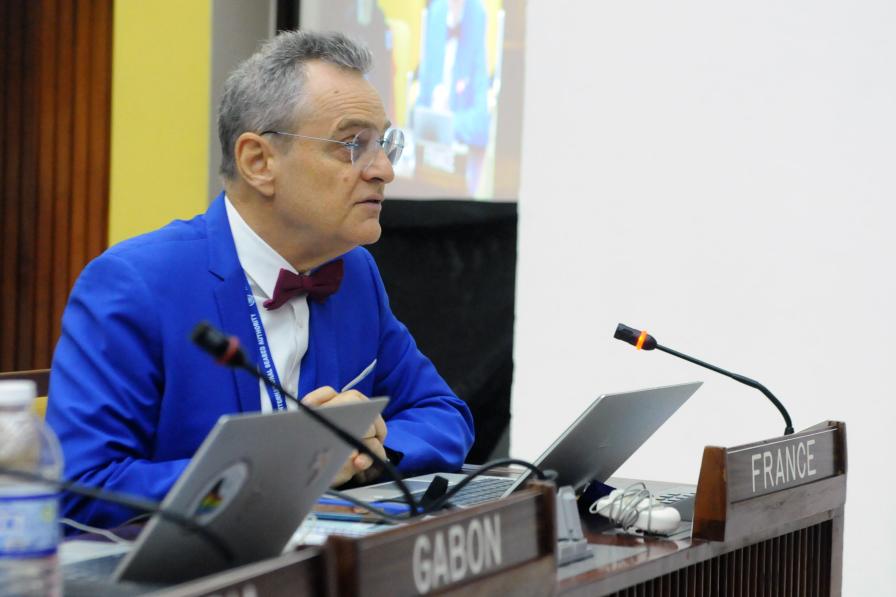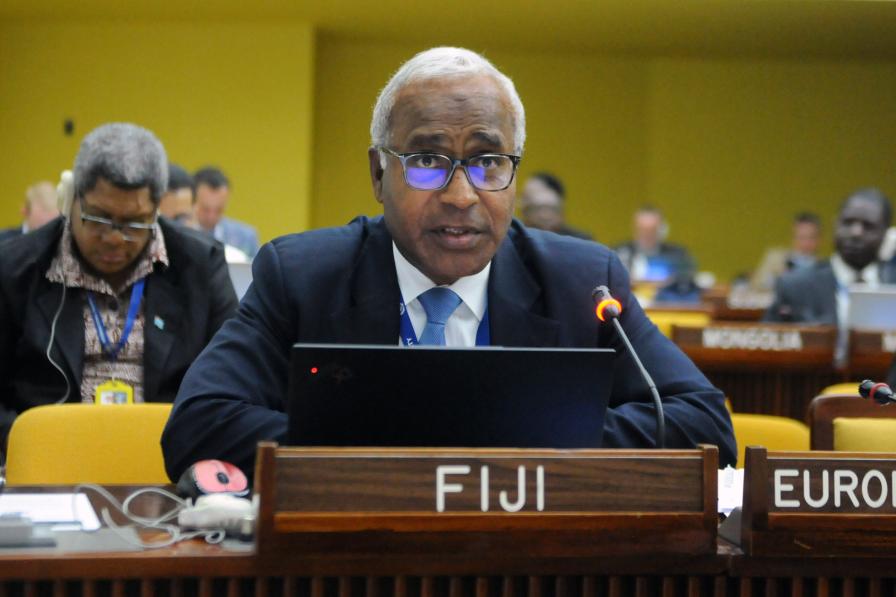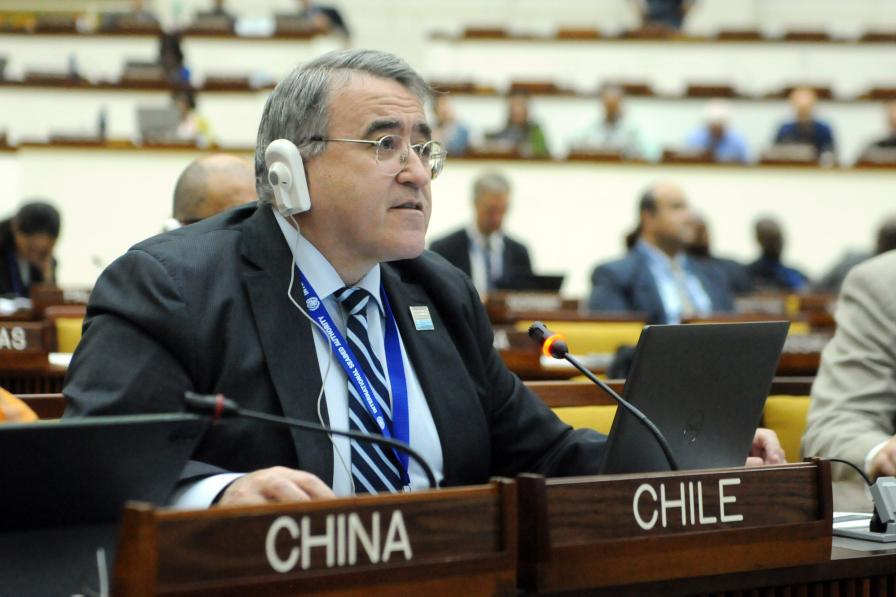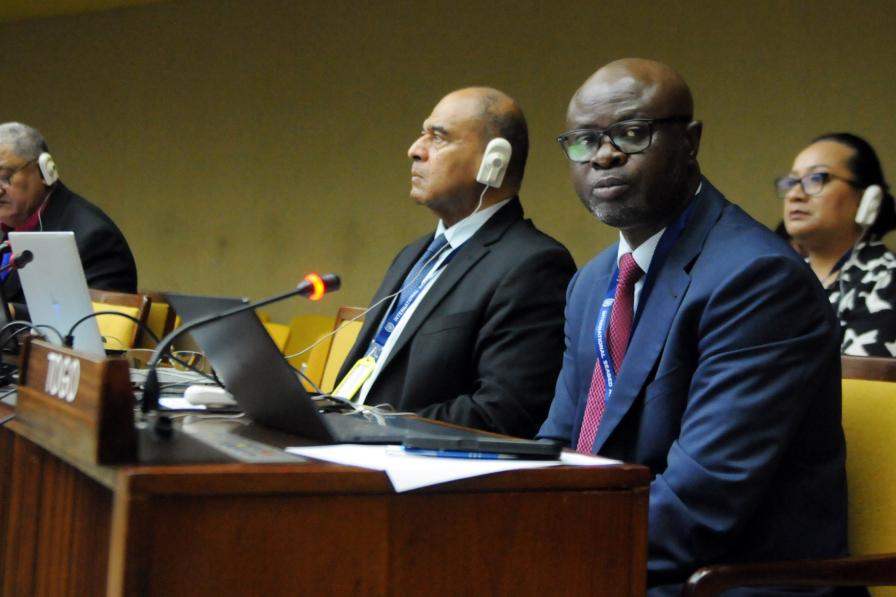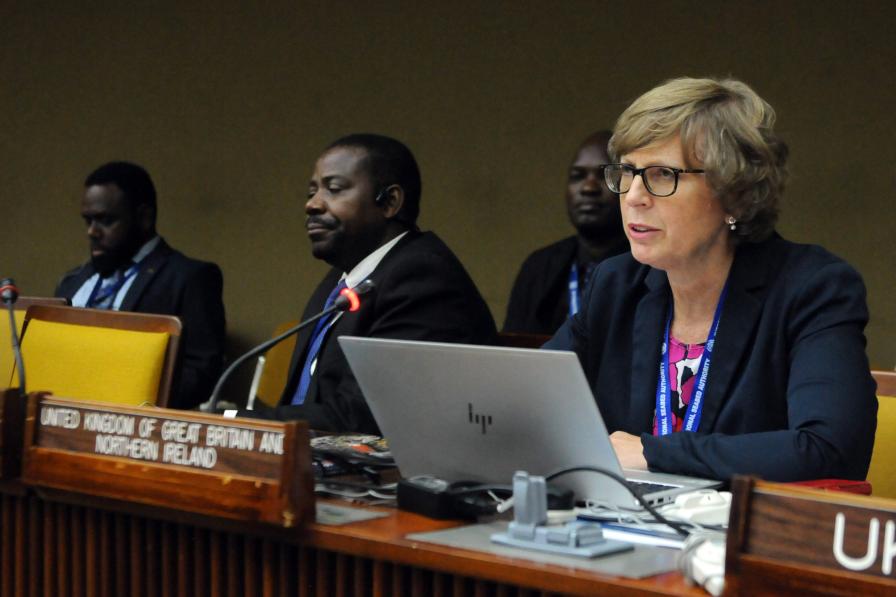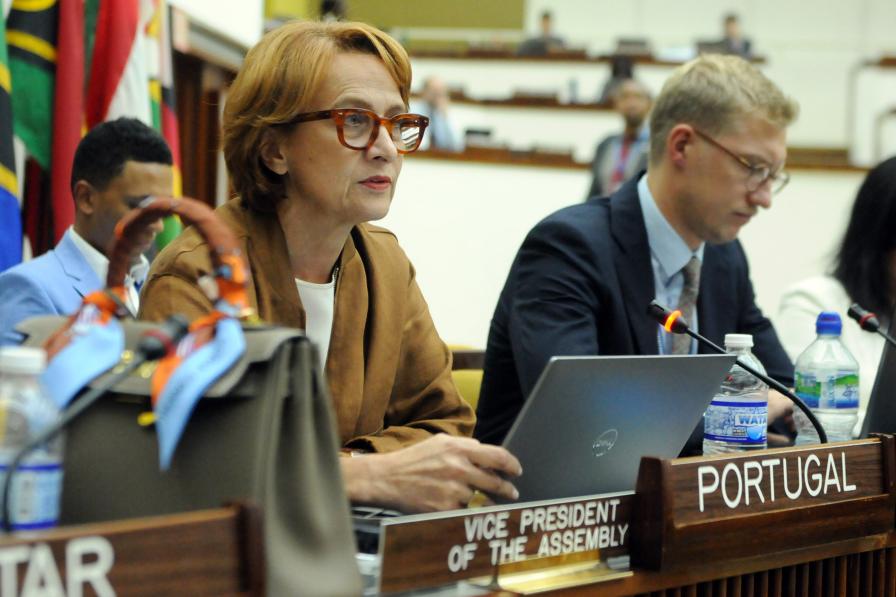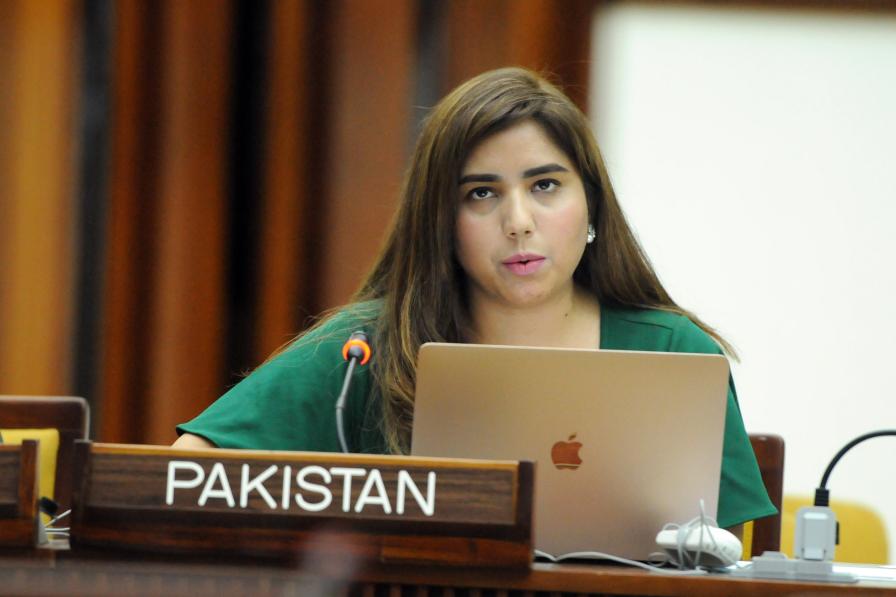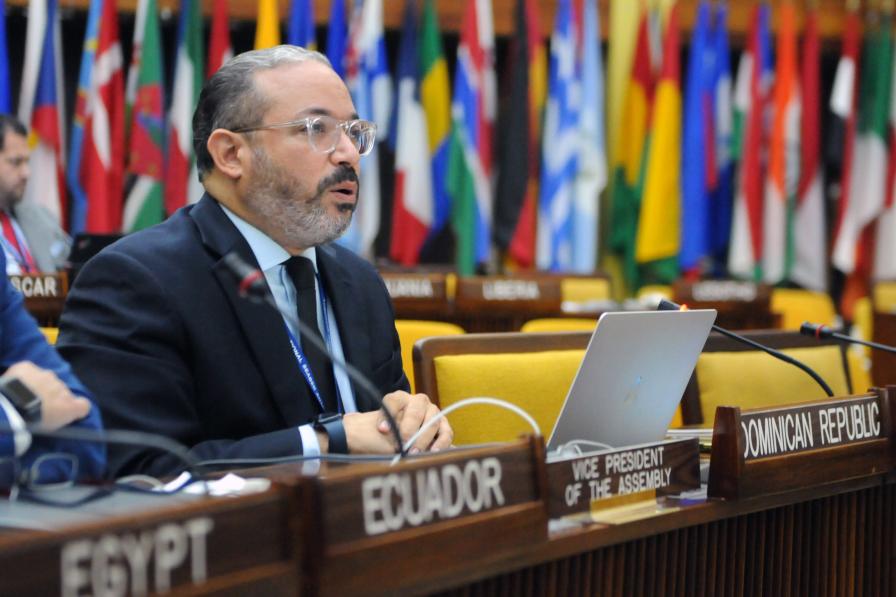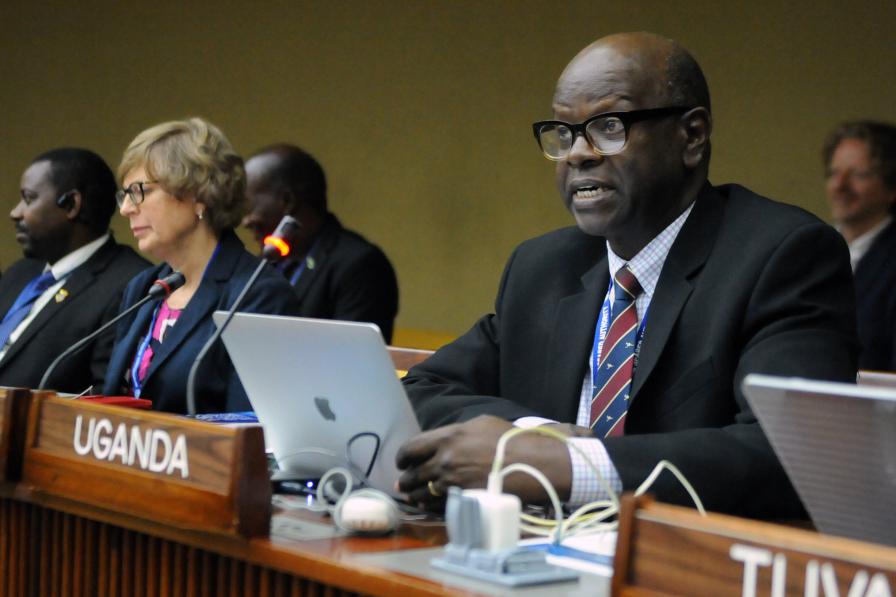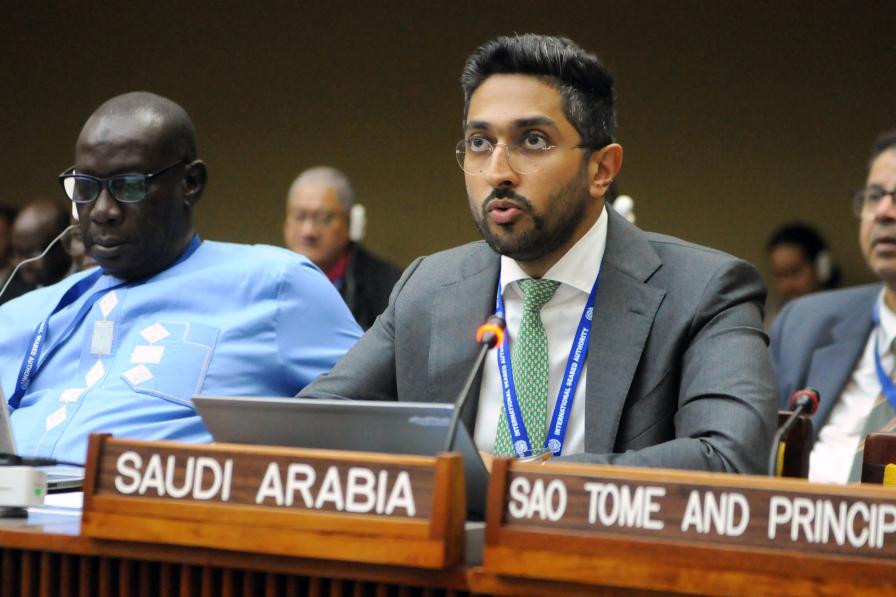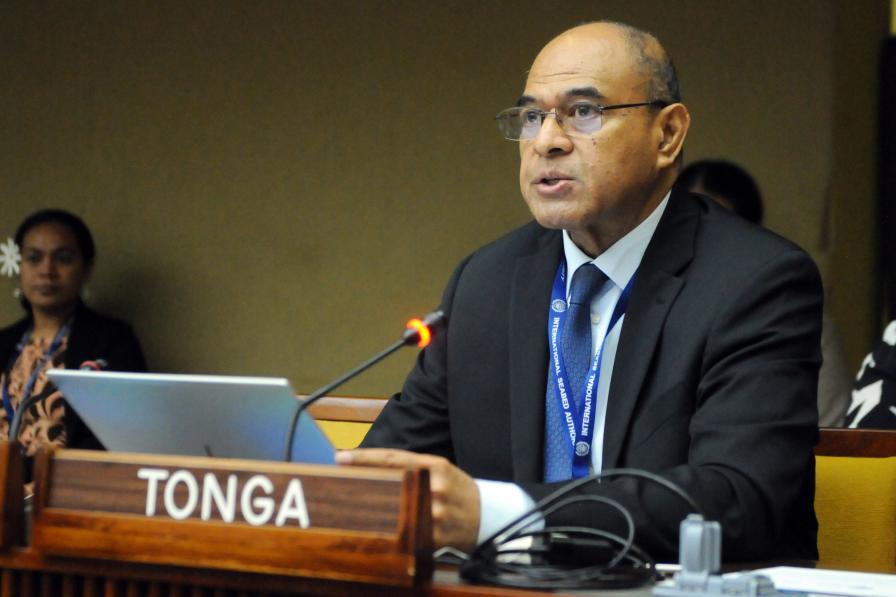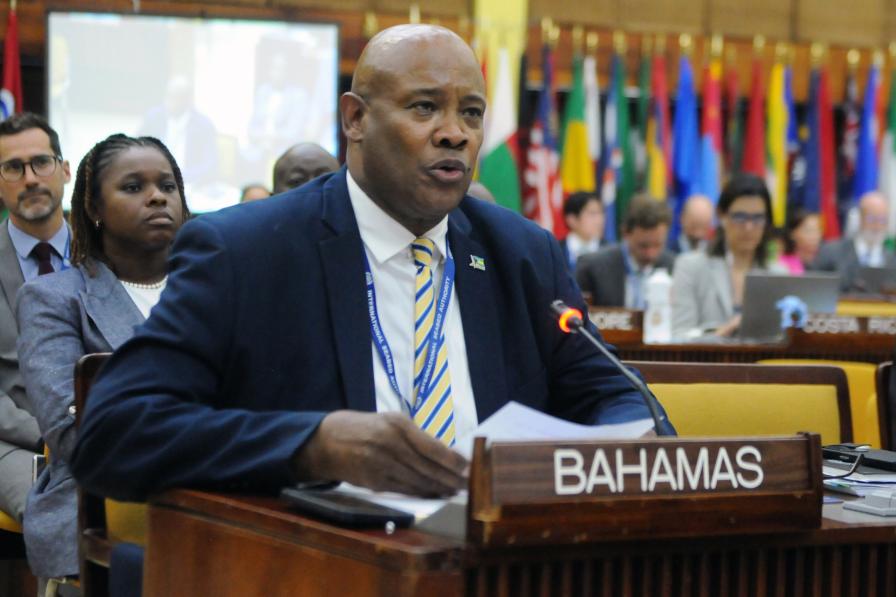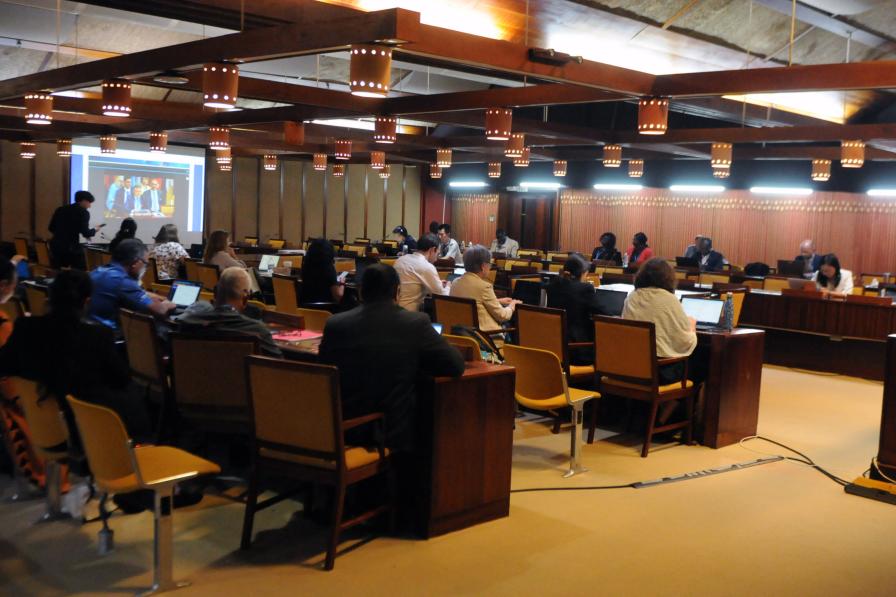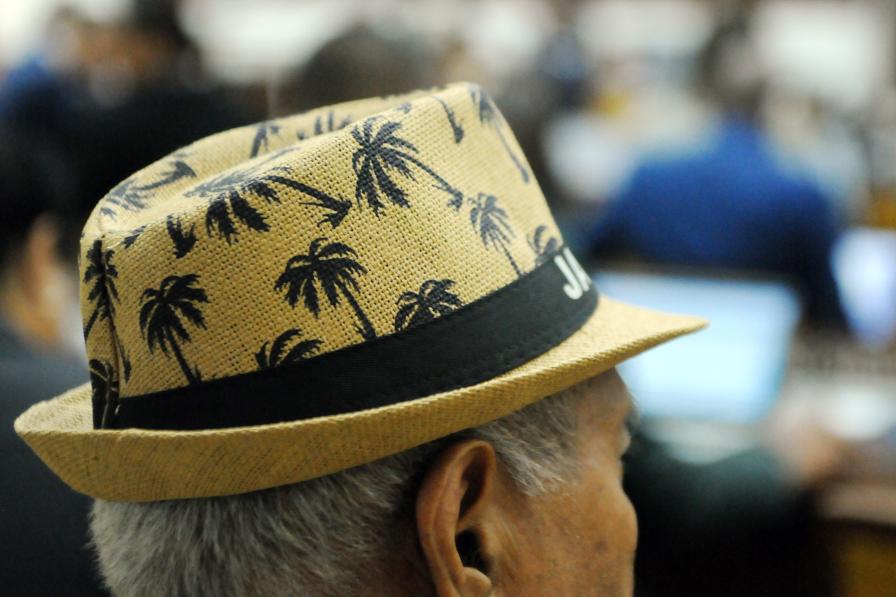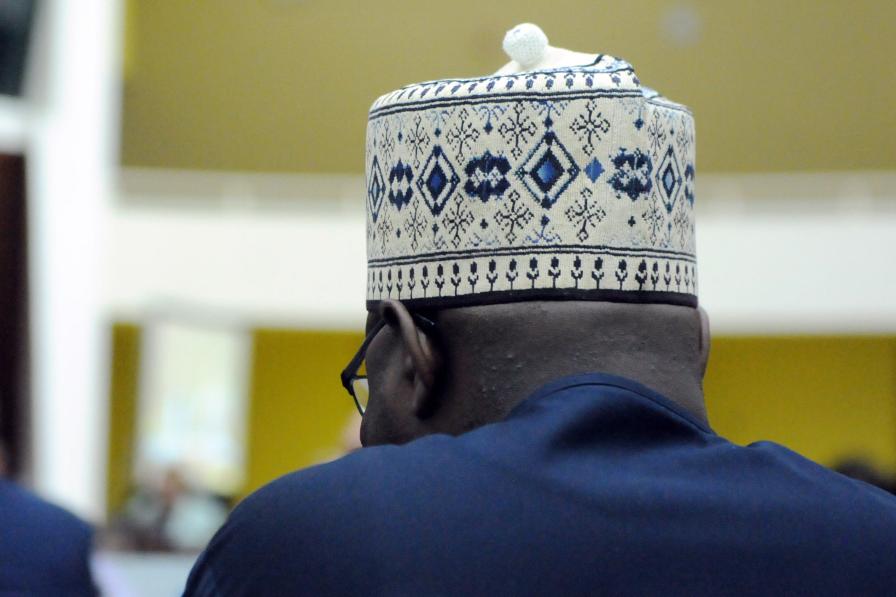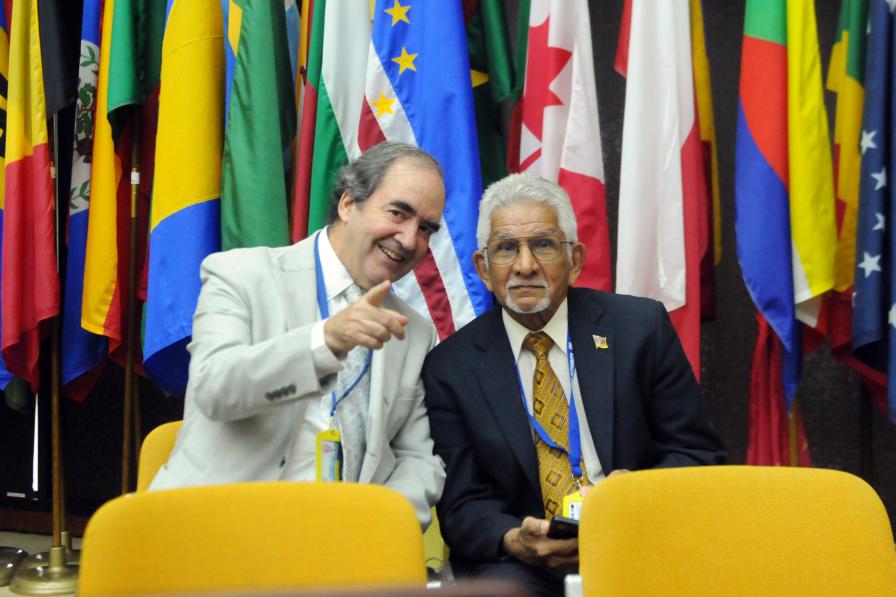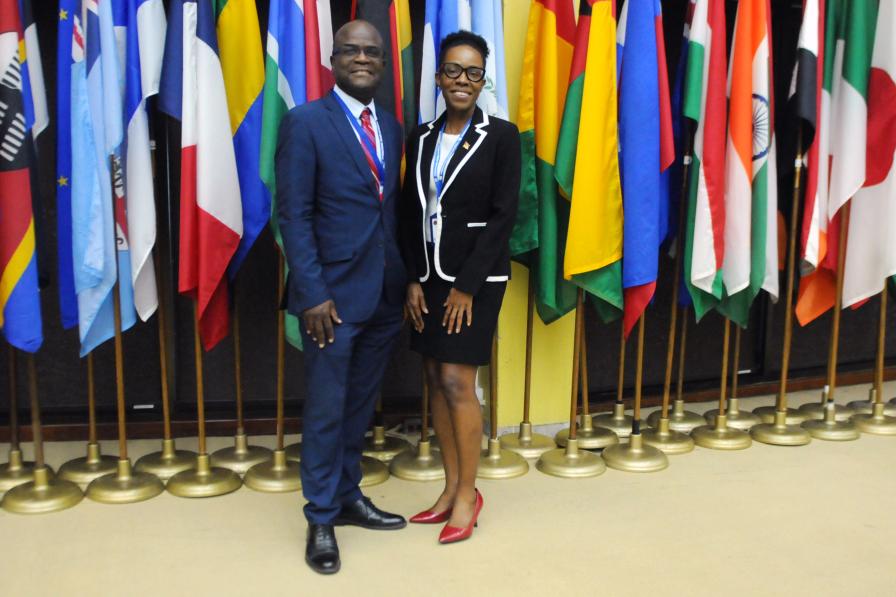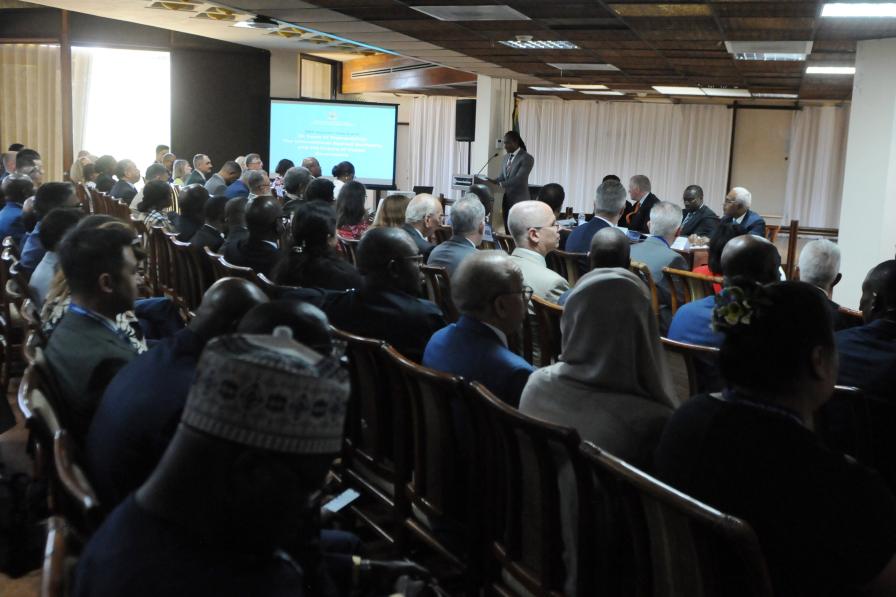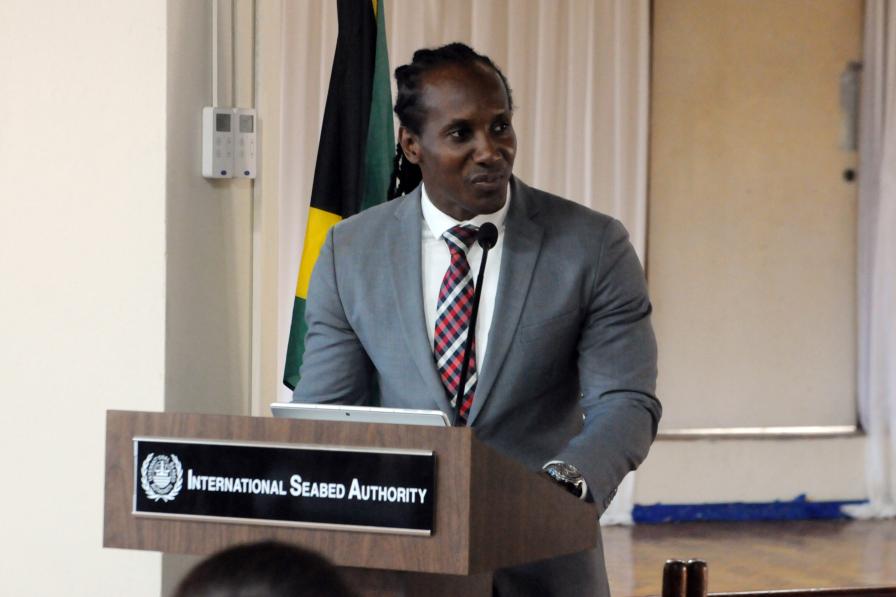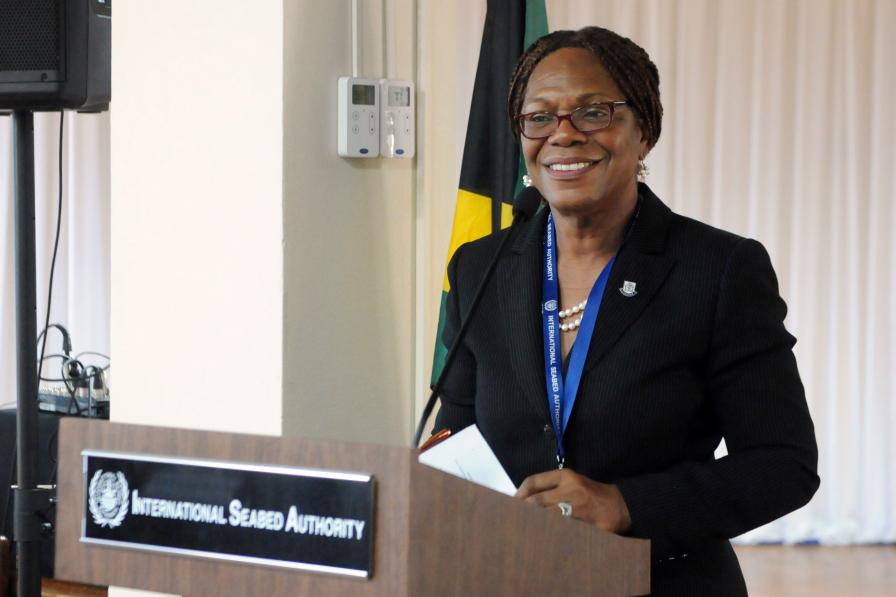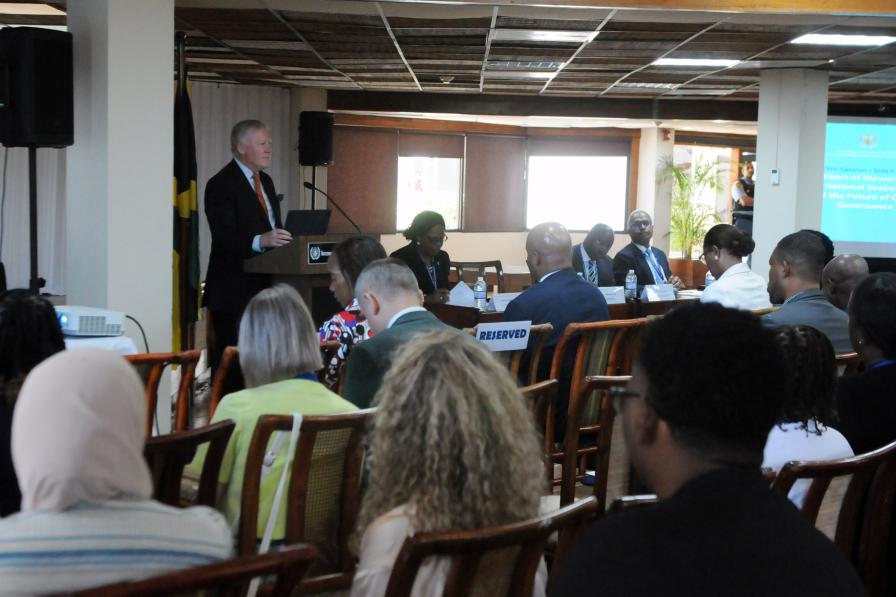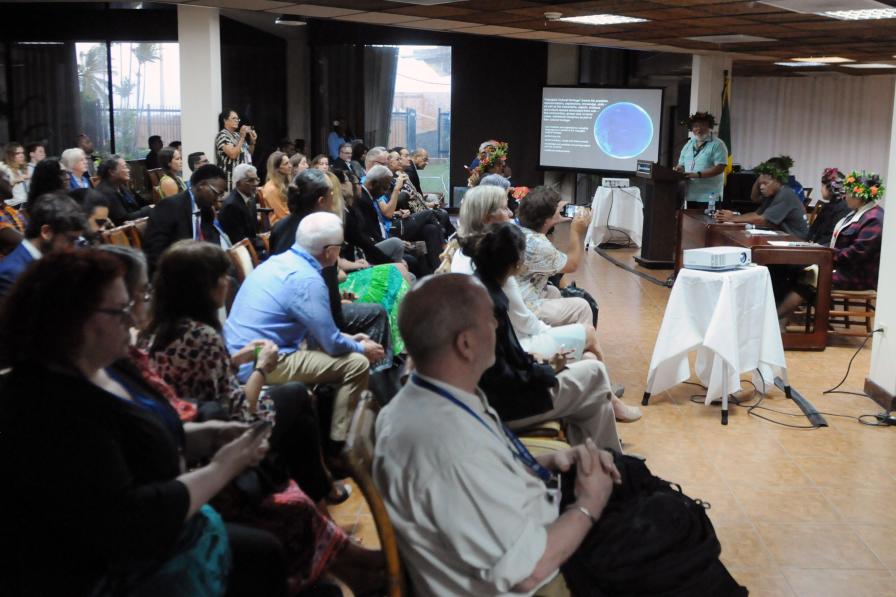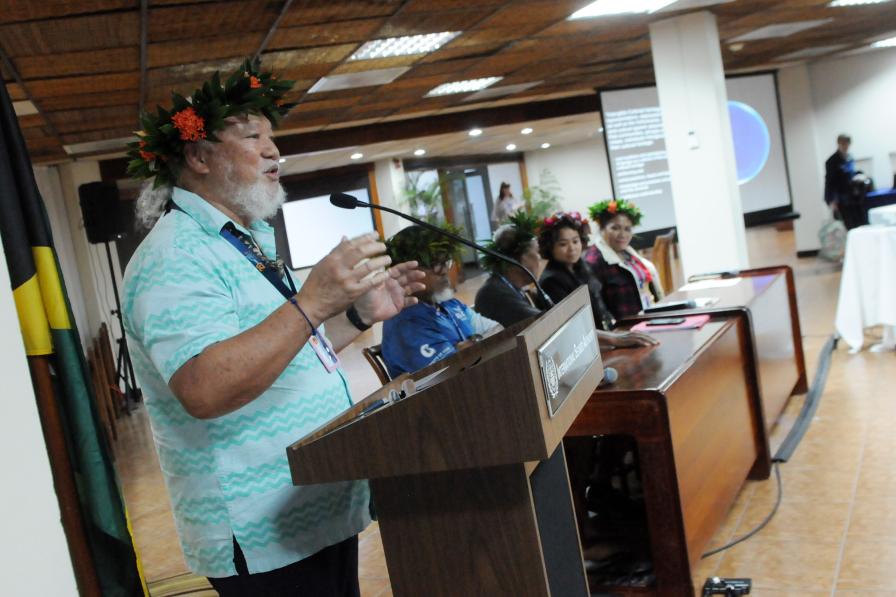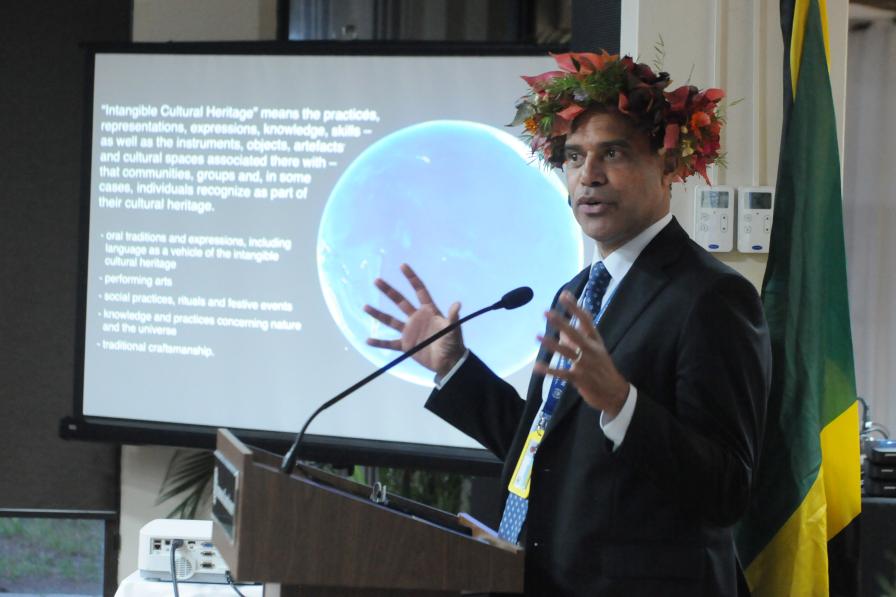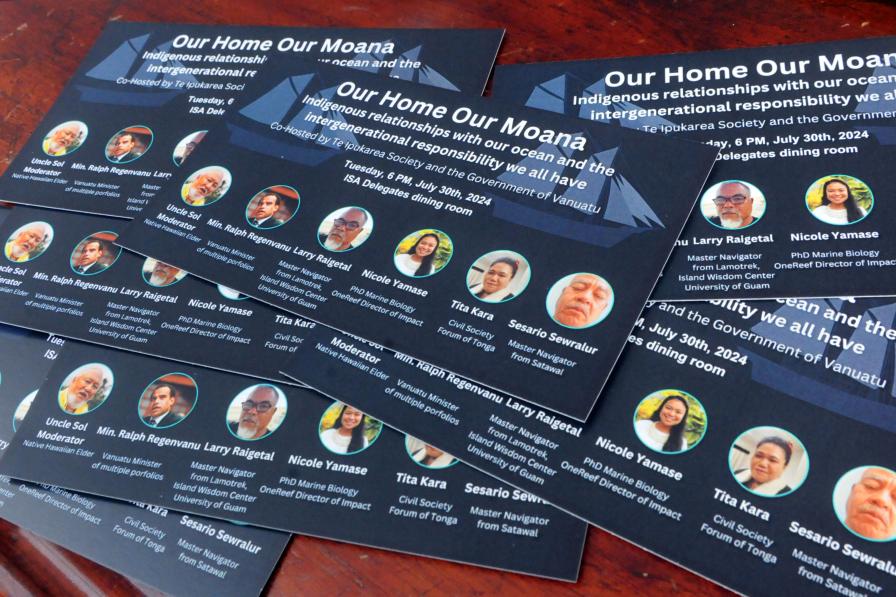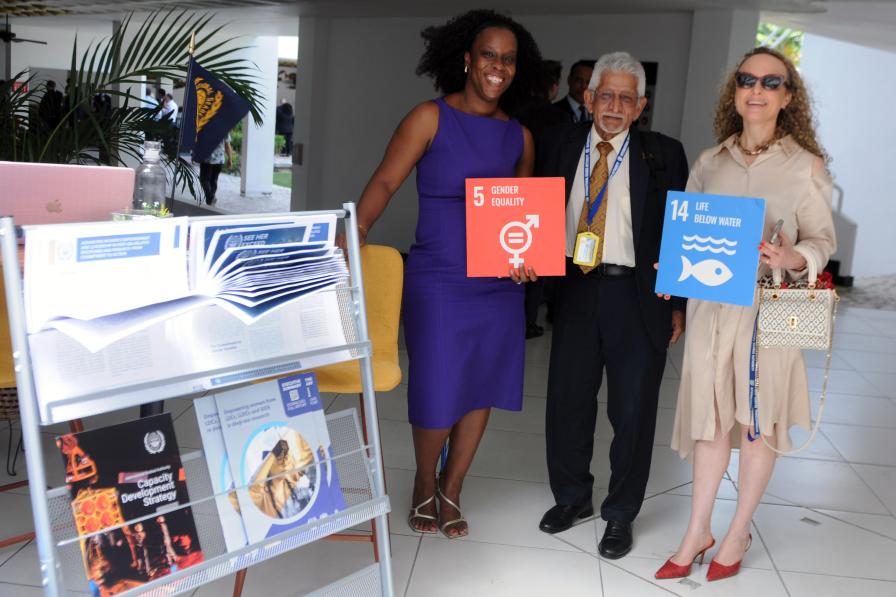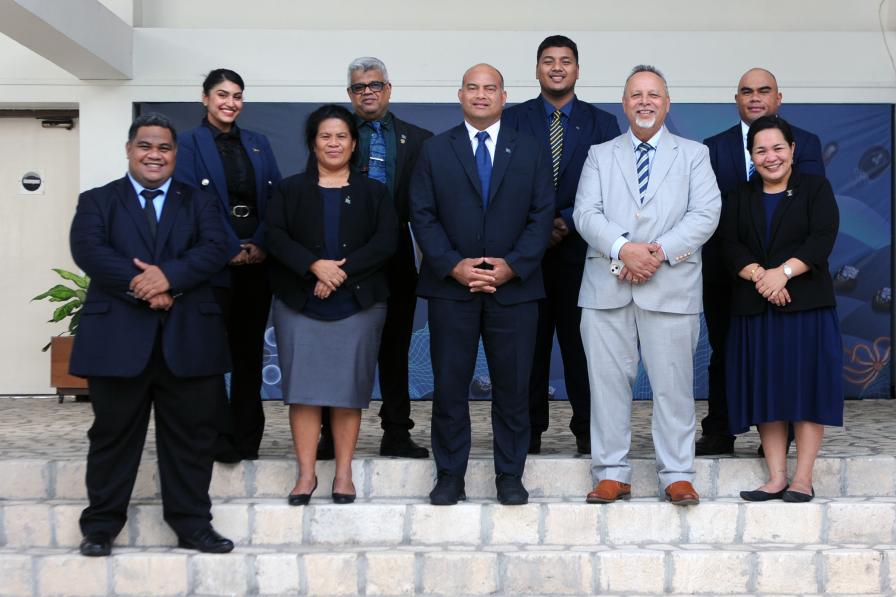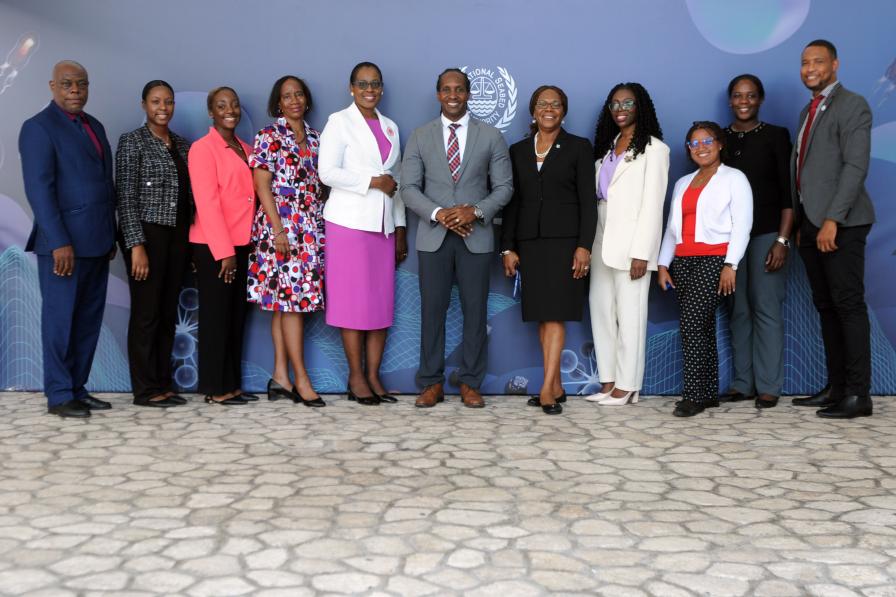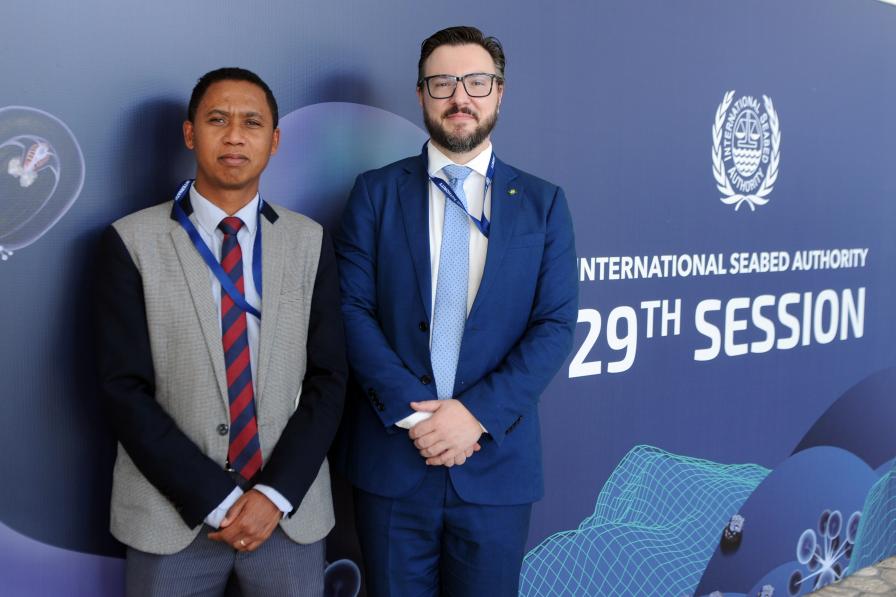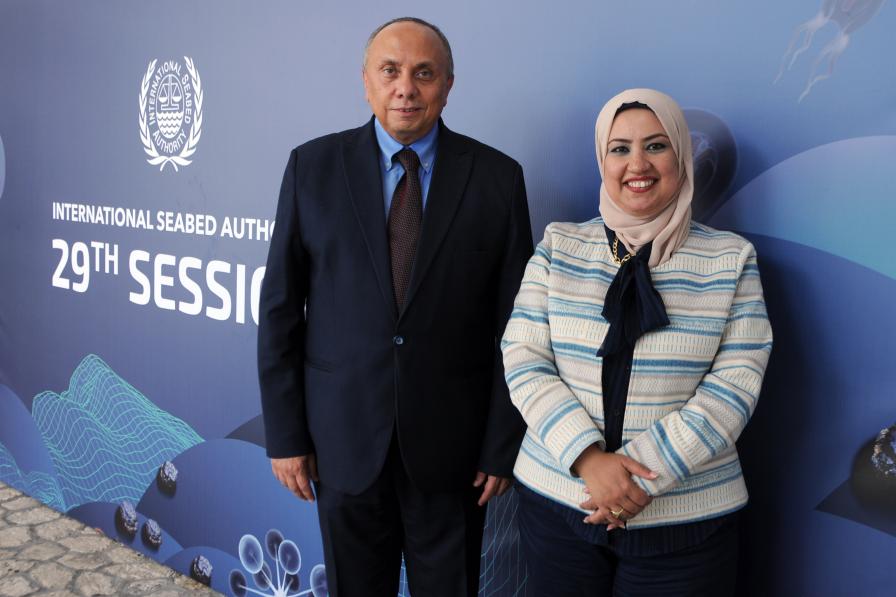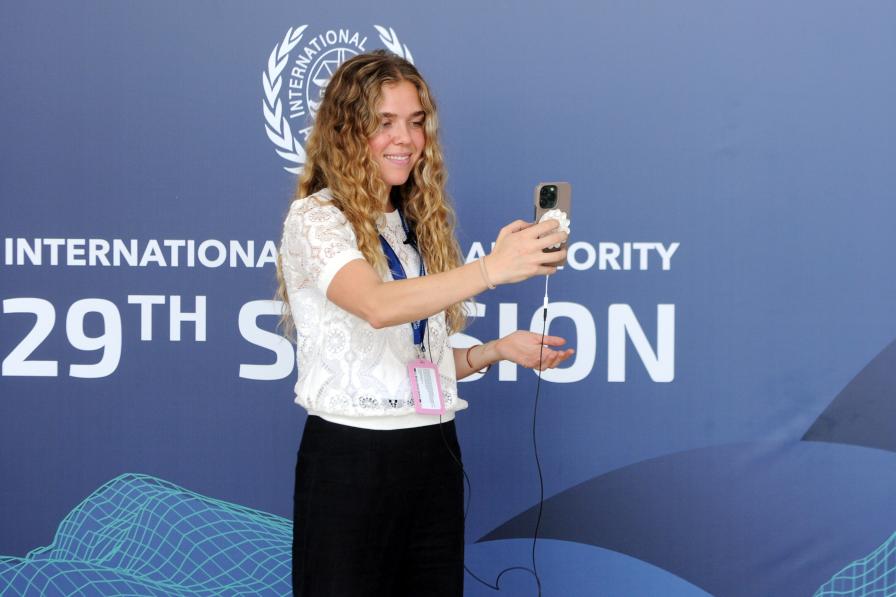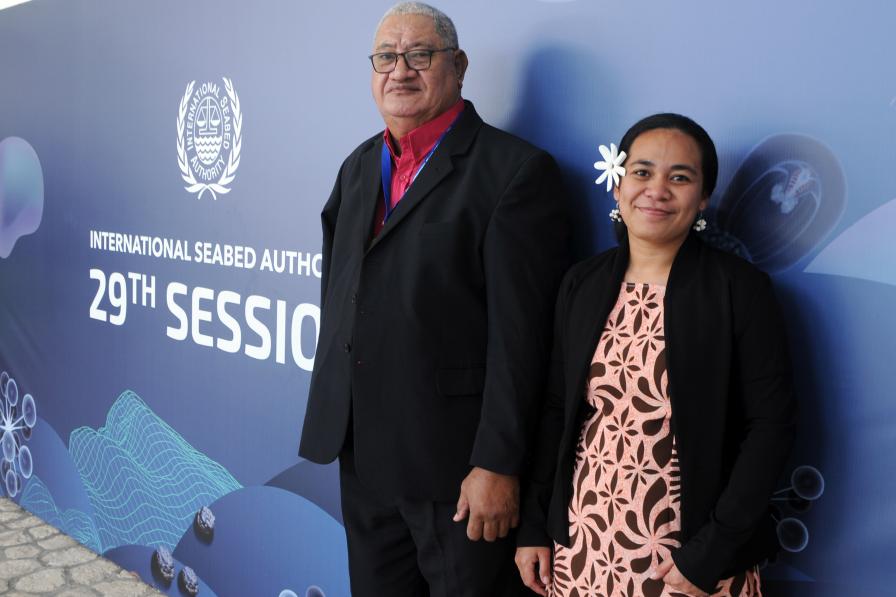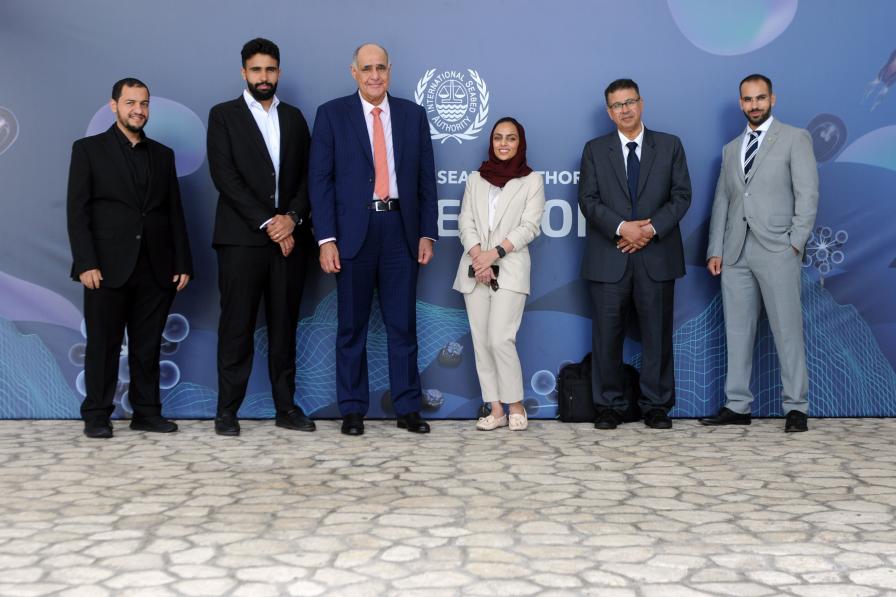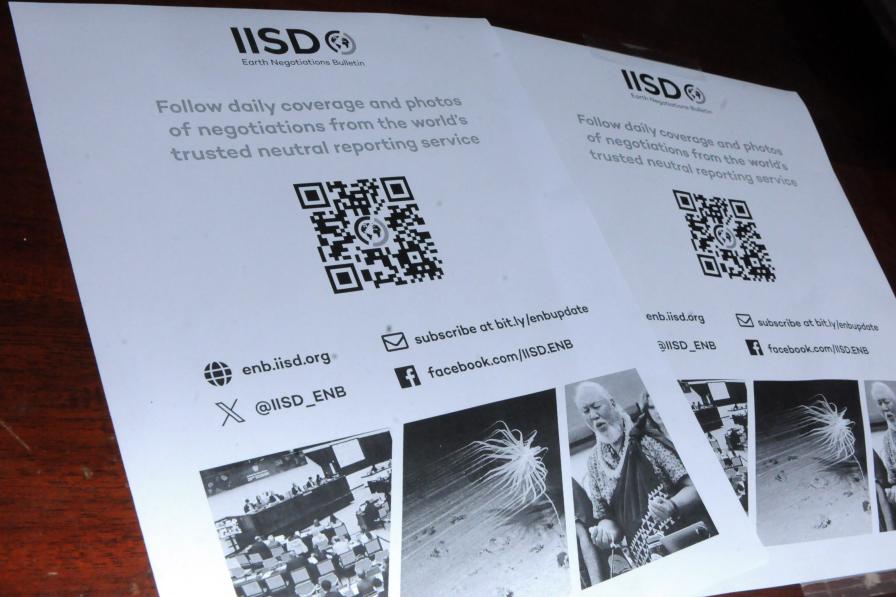Delegates devoted the day to exchanging views on the Secretary-General’s annual report, which provides an overview of the progress achieved in the efforts of the International Seabed Authority (ISA) to ensure responsible governance of the Area as a global common. The discussion, although often of general nature, offered useful insights into the priorities of member states toward the development of draft exploitation regulations for commercial deep-sea mining.
Delegates thanked the Secretary-General for the comprehensive report; welcomed San Marino’s accession to the UN Convention on the Law of the Sea (UNCLOS); and congratulated Rengaiyan Periasamy, India, for winning the Secretary-General’s Award for Excellence in Deep-Sea Research. Many highlighted contributions to the 2030 Agenda for Sustainable Development and the Sustainable Development Goals (SDGs), in particular SDG 14 (life below water). Members further underscored efforts at the national and regional levels that contribute to the ISA’s work. They emphasized the need to preserve and protect the marine environment and their commitment to the principles and objectives of UNCLOS and the 1994 Agreement.
David Adeang, President of Nauru, called for balancing the rights, interests, and obligations of countries with and without access to marine technology, cautioning a reinterpretation of effective control that “may privilege developed nations with access to capital and technology.” He stressed that “deep-sea mining is not just an opportunity for us but necessity for our survival,” and underscored the need for high environmental standards and equitable benefit-sharing.
Members stressed the need for balance between the protection of the marine environment and the exploitation of mineral resources in the Area.
Several members reaffirmed that any commercial exploitation of the deep sea should not be carried out in the absence of a robust set of regulations, rules, and procedures. Some delegates reiterated calls for a precautionary pause or moratorium on commercial deep-sea mining until adequate scientific data and information can ensure sound decision making and comprehensive environmental protection, stressing the fundamental importance of the ocean.
Members further highlighted:
- progress towards the implementation of the ISA Strategic Plan 2019-2025;
- efforts towards operationalizing the Enterprise and its importance for the participation of developing state members in exploitation activities;
- capacity-building efforts, including advancing women's leadership in ocean affairs;
- the ISA Action Plan for marine scientific research;
- the work of the ISA in its efforts to expand scientific knowledge of the Area;
- the efforts of the Legal and Technical Commission (LTC) in drafting standards and guidelines;
- the call for action to ensure the stewardship of the Area and its resources for the benefit of all humanity through deep-sea science, technology, and innovation;
- the need for the development of an ISA general policy to support environmental protection and for initiating the second periodic review of the work of the ISA;
- the need for a harmonized approach with other relevant international frameworks, such as the Global Biodiversity Framework of the Convention on Biological Diversity and the UN Agreement on Biodiversity Beyond National Jurisdiction (BBNJ Agreement); and
- the need for broad and inclusive debates around the development of exploitation regulations, involving observers and key actors such as traditional coastal communities, to ensure the sustainable use and protection of the marine environment.
Delegates further addressed the development of the draft exploitation regulations. Many noted considerable progress but stressed that key aspects remain unresolved, including, but not limited to, provisions on benefit-sharing, environmental impact assessments, environmental threshold values, inspection, compliance, and enforcement, and the development and approval of relevant standards and guidelines.
Guatemala, Honduras, and Tuvalu joined the call for a precautionary pause on deep-sea mining, bringing the number of countries calling for such a pause or a moratorium to 31.
Two side events took place during the day. At lunchtime, the Ministry of Foreign Affairs and Foreign Trade, Jamaica, hosted an event titled “30 years of stewardship: the ISA and the future of ocean governance.”
In the evening, the Te Ipukarea Society and the Government of Vanuatu organized a side event titled “Our Home Our Moana: Indigenous relationships with our ocean and the intergenerational responsibility we all have.”
To receive free coverage of global environmental events delivered to your inbox, subscribe to the ENB Update newsletter.
All ENB photos are free to use with attribution. For the 2nd Part of the 29th Annual Session of the ISA, please use: Photo by IISD/ENB - Diego Noguera
